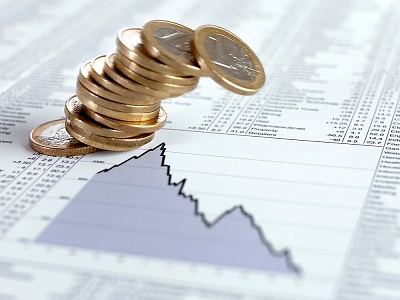In this post, we will explore into a earnings management strategy that some businesses adopt.
When a business earns profit, there are 3 main things it can do to the amount of cash it made.
1. Give out as dividends
2. Keep as retained earnings
3. Buy back shares
Lets look into the effect of each of them for shareholders and see when each of them makes sense.
Giving Dividends
The benefits of receiving dividends is obvious, we as shareholders get cash. For investors interested to purchase as stocks for dividends as a source of income, can focus of accumulating stocks that has good historical high dividend payout.
Some possible stocks to look into may be:
1. Singapore Telcom Industry
2. SIA Engineering
3. ST Engineering
4. Reits
Of course, we continue to assess the stocks as businesses for long term prospect.
Retain Earnings
A business can choose to retain its earnings. This has the effect of increasing the book value of the business (think of it as networth of business). As the book value of business grows, generally the perspective if the the business is worth more and this will likely to drive share price up.
Warren Buffett’ Berkshire Hathaway had not given out any dividends and chose to retain all profits to reinvest.
Of course, the business retaining the profits must be able to use the profits effectively. For every $1 it retained, an investor should expect a 12% to 15% return on equity as a benchmark.
Buy back shares
Another way a business can use its earnings is to purchase shares back. When a business does that, the outstanding shares in the market reduces, thus earnings per share for each share will increase. This generally has positive effect since each share now has more percentage ownership of the business.
Dividends versus Share Repurchase?
Which is better for shareholders? On one hand, when an investor received dividend, he/she has the choice of buying more of the business’s shares, which has somewhat a similar effect as a business buying back their shares. The investor can of course also choose to use dividends for other better uses, such as personal needs or better investment opportunity.
Shares Repurchase do however has tax advantage for the shareholder (For US Shares only.) As such, the effect of a business buying back shares are far better since it is not taxed.
So are there cases when shares repurchase is not ideal?
In my opinion, there are 2 cases when it is not wise for a company to buy back their shares:
1. When PE Ratio is high (i.e. share price is high)
In this case, the business is spending cash to purchase over prices shares. This is not very worth it for the shareholders. If you are not willing to purchase the shares because price is high, we should not be happy if the business buys them back at that high price.
2. When there is better use of funds
As per the case of Berkshire Hathaway, if the business can better utilize retained earnings, it should continue to reinvest the earnings to get better returns. This of course is subjective.
Come join us for a free workshop to learn how to pick good stocks from the market:
Click HERE to book a Free Investing Workshop.
To your dreams,
Mind Kinesis Research Team
Master Trainer (Value Investing Options Strategy)
Investment in Stocks Blog
Value Investing Academy – the Warren Buffett Way
https://www.investment-in-stocks.com,



